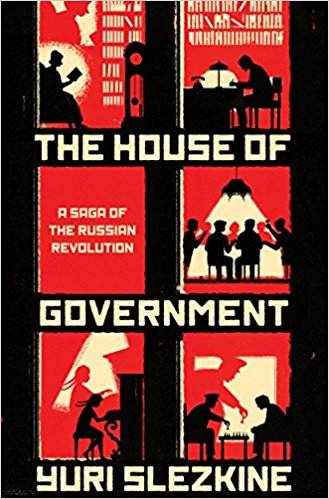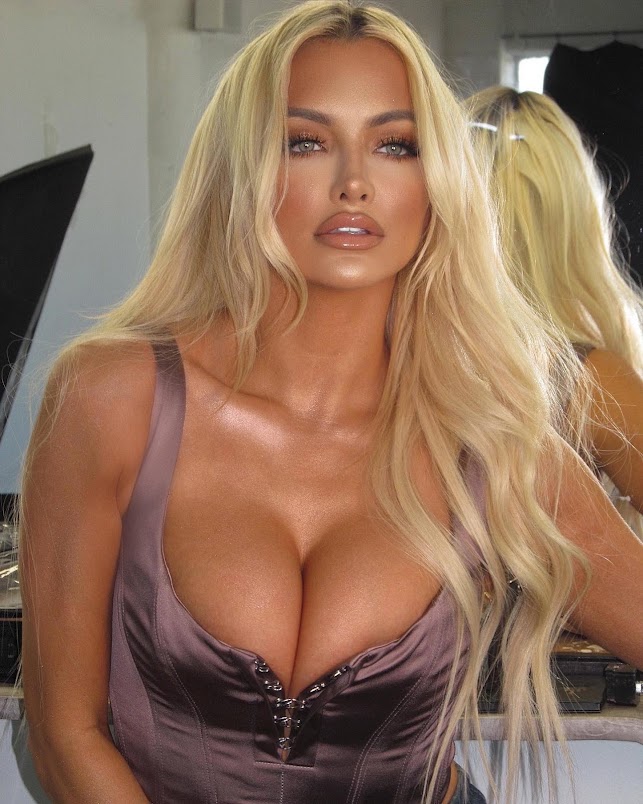Following-up from previously, "How the U.S. Misread Xi Jinping."
See Cai Xia, at Foreign Affairs, "The Party That Failed: An Insider Breaks With Beijing":
When Xi Jinping came to power in 2012, I was full of hope for China. As a professor at the prestigious school that educates top leaders in the Chinese Communist Party, I knew enough about history to conclude that it was past time for China to open up its political system. After a decade of stagnation, the CCP needed reform more than ever, and Xi, who had hinted at his proclivity for change, seemed like the man to lead it. By then, I was midway through a decades-long process of grappling with China’s official ideology, even as I was responsible for indoctrinating officials in it. Once a fervent Marxist, I had parted ways with Marxism and increasingly looked to Western thought for answers to China’s problems. Once a proud defender of official policy, I had begun to make the case for liberalization. Once a loyal member of the CCP, I was secretly harboring doubts about the sincerity of its beliefs and its concern for the Chinese people. So I should not have been surprised when it turned out that Xi was no reformer. Over the course of his tenure, the regime has degenerated further into a political oligarchy bent on holding on to power through brutality and ruthlessness. It has grown even more repressive and dictatorial. A personality cult now surrounds Xi, who has tightened the party’s grip on ideology and eliminated what little space there was for political speech and civil society. People who haven’t lived in mainland China for the past eight years can hardly understand how brutal the regime has become, how many quiet tragedies it has authored. After speaking out against the system, I learned it was no longer safe for me to live in China. THE EDUCATION OF A COMMUNIST I was born into a Communist military family. In 1928, at the beginning of the Chinese Civil War, my maternal grandfather joined a peasant uprising led by Mao Zedong. When the Communists and the Nationalists put hostilities on hold during World War II, my parents and much of my mother’s family fought against the Japanese invaders in armies led by the CCP. After the Communists’ victory, in 1949, life was good for a revolutionary family such as ours. My father commanded a People’s Liberation Army unit near Nanjing, and my mother ran an office in that city’s government. My parents forbade my two sisters and me from taking advantage of the privileges of their offices, lest we become “spoiled bourgeois ladies.” We could not ride in our father’s official car, and his security guards never ran family errands. Still, I benefited from my parents’ status and never suffered the privations that so many Chinese did in the Mao years. I knew nothing of the tens of millions of people who starved to death during the Great Leap Forward. All I could see was socialism’s bright future. My family’s bookshelves were stocked with Marxist titles such as The Selected Works of Stalin and Required Reading for Cadres. As a teenager, I turned to these books for extracurricular reading. Whenever I opened them, I was filled with reverence. Even though I could not grasp the complexity of their arguments, my mission was clear: I must love the motherland, inherit my parents’ revolutionary legacy, and build a communist society free of exploitation. I was a true believer. I gained a more sophisticated understanding of communist thought after joining the People’s Liberation Army in 1969, at age 17. With the Cultural Revolution in full swing, Mao required everyone to read six works by Karl Marx and Friedrich Engels, including The Communist Manifesto. One utopian passage from that book left a lasting impression on me: “In place of the old bourgeois society, with its classes and class antagonisms, we shall have an association, in which the free development of each is the condition for the free development of all.” Although I didn’t really understand the concept of freedom at that point, those words stuck in my head. The People’s Liberation Army assigned me to a military medical school. My job was to manage its library, which happened to carry Chinese translations of “reactionary” works, mostly Western literature and political philosophy. Distinguished by their gray covers, these books were restricted to regime insiders for the purpose of familiarizing themselves with China’s ideological opponents, but in secret, I read them, too. I was most impressed by The Rise and Fall of the Third Reich, by the American journalist William Shirer, and a collection of Soviet fiction. There was a world of ideas outside of the Marxist classics, I realized. But I still believed that Marxism was the only truth. I left the military in 1978 and got a job in the party-run trade union of a state-owned fertilizer factory on the outskirts of the city of Suzhou. By then, Mao was dead and the Cultural Revolution was over. His successor, Deng Xiaoping, was ushering in a period of reform and opening, and as part of this effort, he was recruiting a new generation of reform-minded cadres who could run the party in the future. Each local party organization had to choose a few members to serve in this group, and the Suzhou party organization picked me. I was sent to a two-year program at the Suzhou Municipal Party School, where my fellow students and I studied Marxist theory and the history of the CCP. We also received some training in the Chinese classics, a subject we had missed on account of the disruption of education during the Cultural Revolution. I plowed through Das Kapital twice and learned the ins and outs of Marxist theory. What appealed to me most were Marx’s ideas about labor and value—namely, that capitalists accrue wealth by taking advantage of workers. I was also impressed by Marx’s philosophical approach, dialectical materialism, which allowed him to see capitalism’s political, legal, cultural, and moral systems as built on a foundation of economic exploitation...
Still more at that top link.


























